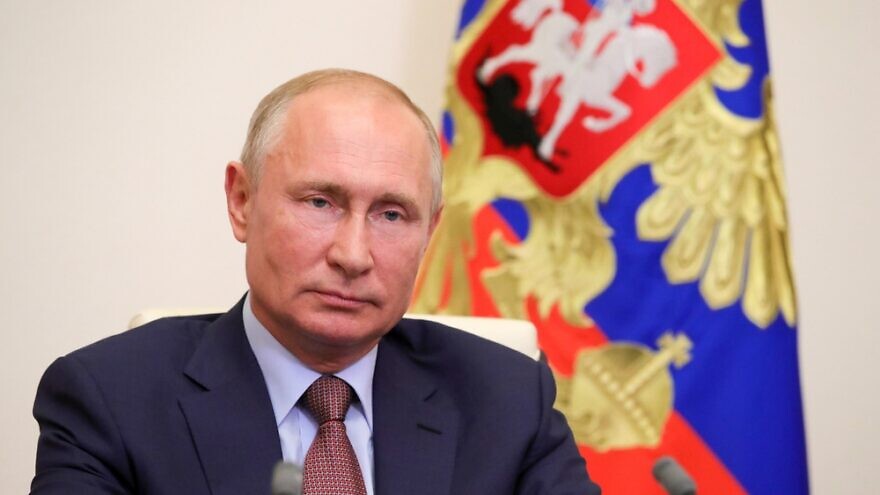Russia-Israel tensions have intensified in recent days as Moscow appears primed to force the “dissolution” of Jewish Agency for Israel operations in the country. An Israeli delegation prepared to head to Moscow with a view to resolving the issue is waiting on Russian visas, even as Israeli Prime Minister Yair Lapid has instructed his government to prepare a series of countermeasures should Russia follow through on its threat.
“The Jewish community in Russia is deeply connected with Israel,” said Lapid in a July 21 meeting with representatives from Israel’s Foreign Ministry and National Security Council. “We will continue to act through diplomatic channels so that the Jewish Agency’s important activity will not cease.”
While Interfax provided no explanation for the move, the Associated Press reported that the Justice Ministry accused the agency of violating privacy laws by collecting the personal information of people interested in immigrating to Israel.
Maj. Gen. (res.) Amos Gilad, former head of the Israeli Defense Ministry’s Political Military Bureau, told JNS that Jerusalem should be cautious and avoid issuing harsh statements against Russia that could inflame the situation. For example, Gilad described as “not helpful” Lapid’s warning on Sunday that the closure of the Jewish Agency in Russia could have a “serious impact” on bilateral relations with Moscow.
He insisted that the issue should be resolved through “secret diplomacy based on common interests.”
Gilad, currently executive director of the Institute for Policy and Strategy (IPS) at Reichman University in Herzliya, is not surprised by Russia’s present course, and noted that Russian President Vladimir Putin has made no secret of his long-held opposition to Jewish emigration.
“Putin looks unfavorably on aliyah because he considers Jews to be an elite population,” said Gilad.
Gilad only speculated about the “immediate reasons” underpinning Russia’s actions, while acknowledging the possibility that the prevailing explanation may be the correct one: namely, that Moscow disapproves of Israel’s position on the war with Ukraine.
Israel has attempted to walk a fine line in this respect, having refrained from supplying Kiev with weaponry even though Ukrainian President Volodymyr Zelensky has made repeated requests for such materiel. Nor has Jerusalem imposed sanctions on Russia.
On the other hand, perhaps the sharpest criticism of the Russian invasion has been leveled by Lapid, who as foreign minister accused Moscow of perpetrating “war crimes.”
Anna Geifman, a senior researcher at Bar-Ilan University’s department of political science, told JNS that Putin wants both to punish Israel for seemingly siding with the West and to deter Jerusalem from taking any additional steps in support of Kiev.
“Russia wants to show Israel that, ‘If you make one wrong move, we can do things to you. We have leverage,’” she said.
She nevertheless characterized as self-defeating Russia’s decision to target the Jewish Agency. “I think it’s hurting them because they’re losing another connection,” Geifman said. “If they want to mess things up even more, more power to them.”
However, she noted that Israel has few options to stop Russia: “We are powerless to do much. It’s their country,” she said.
“Far more serious is if Russia decided to act against Israel in Syria,” Geifman added. “We have to be very careful with Russia because we need to operate there. It’s a military issue. We need to make sure that we can continue to destroy Iranian arm shipments.”


























